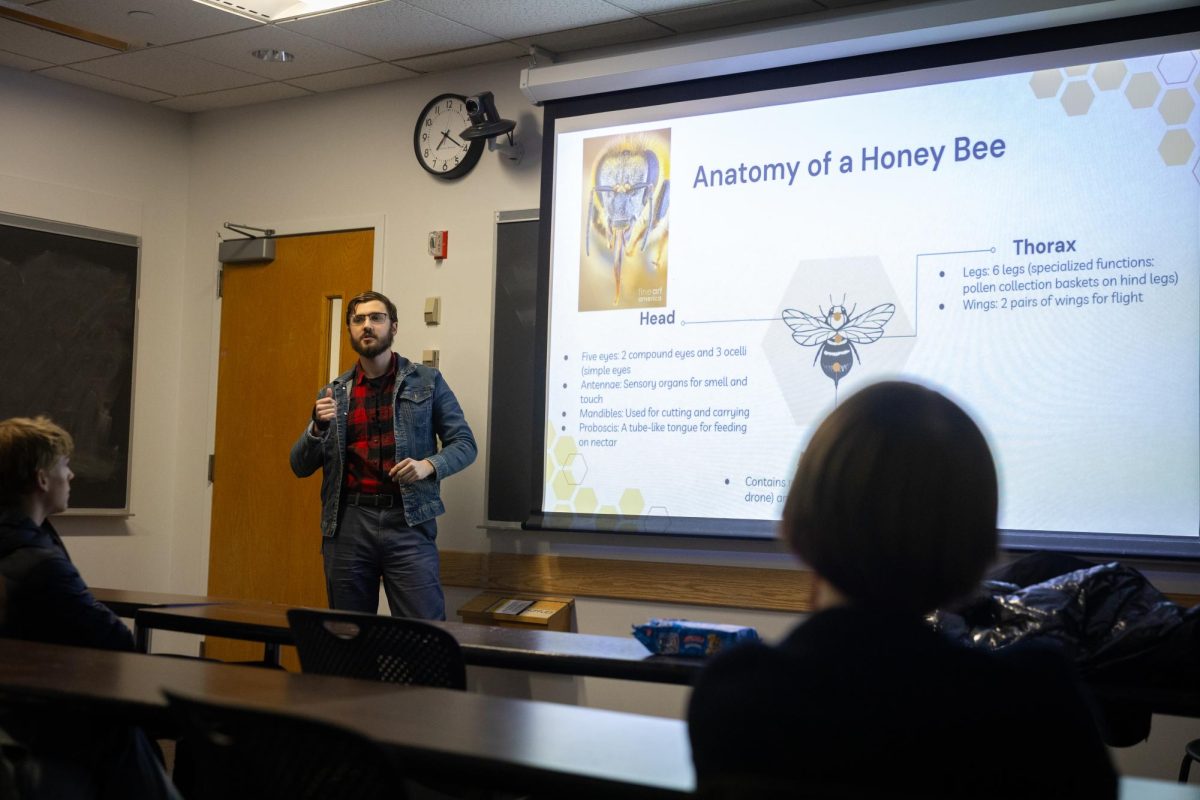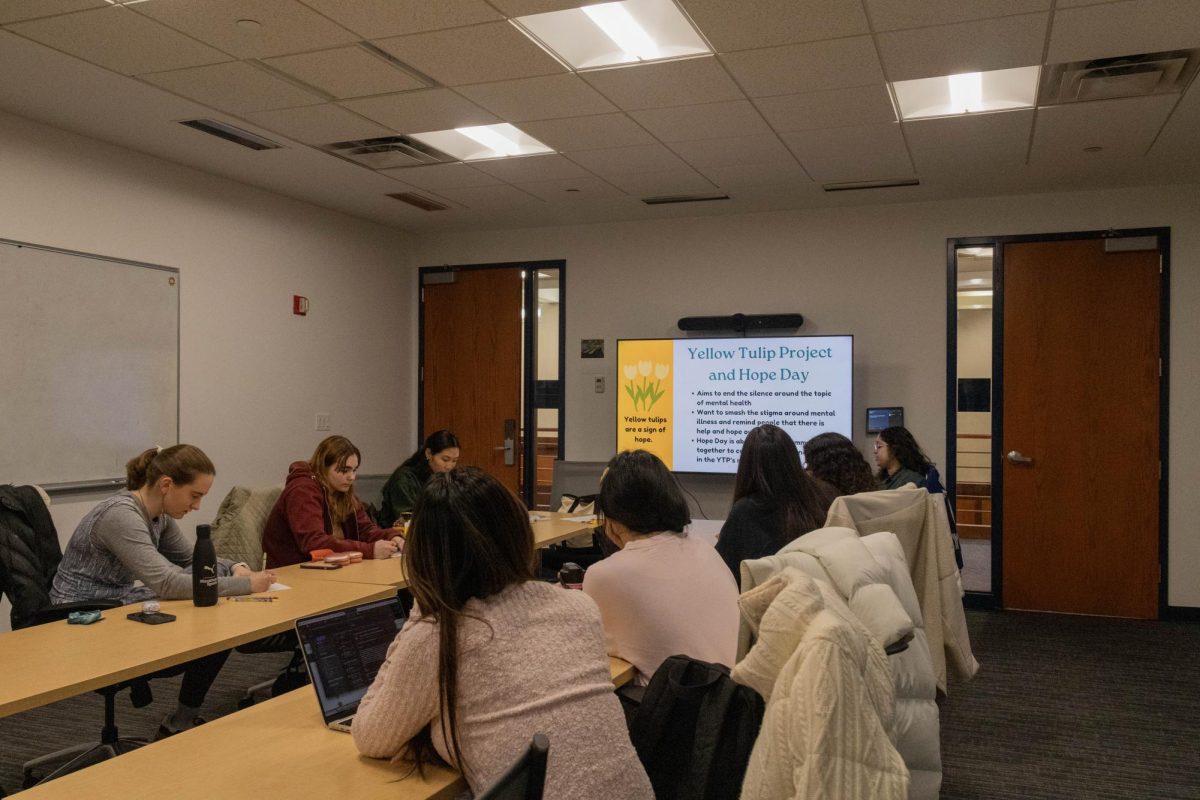By Jake Sutera
In an effort in increase university-sponsored research, Northeastern launched the Department of Homeland Security Center of Excellence for Awareness and Localization of Explosives-Related Threats (ALERT).
Earlier this year, it was chosen as one of 11 universities nationwide to win a Center of Excellence grant from the Department of Homeland Security, said Michael Silevitch, professor of engineering and co-director of ALERT.
Partnering with the University of Rhode Island, Northeastern will co-lead the center, which will conduct research on explosive related threats currently facing the nation like reliable security screening and long range detection of explosives, he said.
“The anticipated funding for ALERT is somewhere between $2.5 and $3 million a year for four years, bringing the total to $10 to $12 million over this time period,” Silevitch said. “The hope is that this will continue for an additional four to six years after that.”
ALERT’s home base has been designated to the Stearns Center, the same building that houses CenSSIS.
Space has been designated on the fourth floor of the building that will be the center of the program, Silevitch said. The research is being done outside the building.
“There are no actual labs inside the Stearns building. Professors that work in CenSSIS have their own labs on campus,” said Justin Fernandes, a first year graduate student majoring in electrical engineering.
President Joseph Aoun and Provost Stephen Director were among the Northeastern community members present last Thursday to open ALERT.
Silevitch has more than 20 years of experience in research centers and is also the director of the Bernard M. Gordon Center for Subsurface Sensing and Imaging Systems (CenSSIS), a center that focuses primarily on detecting hidden objects, whether it be explosives underneath the ground or a tumor within the body.
“We have been doing great things at CenSSIS for nine years now and this high level of research will continue at ALERT,” said Silevitch, who noted this new center is the next step in a natural progression of the research that has been refined at the CenSSIS center.
Silevitch said a key objective of ALERT is to build a strong education program.
Undergraduate students along with students in the graduate school will work on research that could one day make a difference in the world.
Fernandes is currently conducting research on “standoff detection of suicide bombers using millimeter wave radar.” For the research he has traveled to Wachtberg, Germany to use The Research Institute for High Frequency Physics and Radar Techniques for Optronics and Pattern Recognition’s existing radar system to perform experiments and take measurements of people wearing explosive device stimulants.
“[ALERT] is very exciting for Northeastern,” Fernandes said. “As a research assistant, being able to work closely with professors and helping with defense technology is a great experience.”
Silevitch said there were two current goals of ALERT.
“One of the goals we hope to accomplish in the future is to identify long range, difficult problems in fundamental science and conduct transformational research,” Silevitch said. “The other is to build a strong educational program that will create a pipeline of quality students.”








